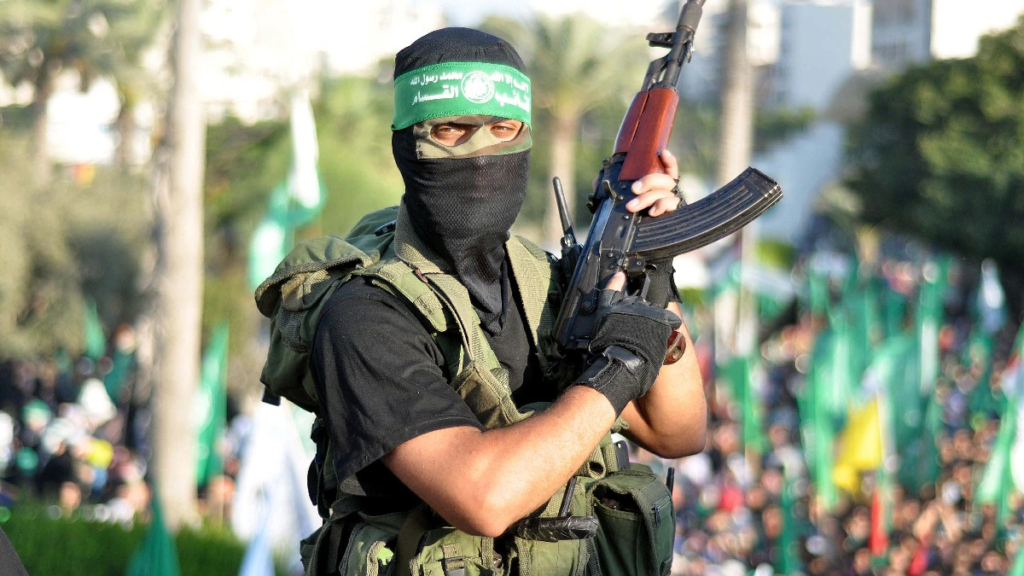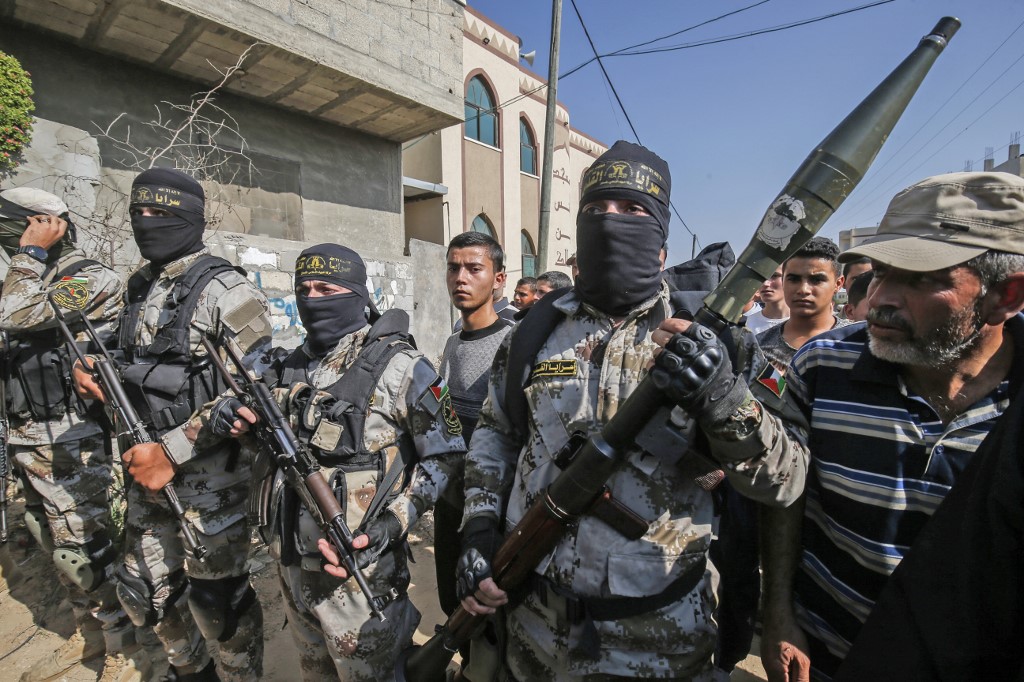Just before sunrise on October 7, hundreds of Hamas operatives crossed Gaza’s border with Israel. Within minutes, they poured across, opening the gates of hell. On that morning, neither the Israeli soldiers monitoring the Gaza border nor the civilians living in nearby towns and kibbutz had any idea about the bloodiest attack in the country’s 75-year history. Hamas called it ‘Operation Al-Aqsa Flood’, in reference to the mosque in Jerusalem’s Old City that houses the third holiest site in Islam.
Hamas said the attack was carried out in reference to the police storming the mosque in 2022. The mosque is situated in Jerusalem, which is over 4,000 kilometres away from India yet has a connect with our country.
Over 100 years ago, during the First World War, Indian soldiers helped win the city for the British who defeated the Ottoman Empire.
More than a million Indian soldiers fought for the British in 1917 to liberate Jerusalem. Between 1914 and 1918, they fought the Turkish-German armies at Gallipoli, the Suez Canal, through the Sinai and Palestine and finally Damascus, with crucial battles in Gaza, Jerusalem, Jaffa, Haifa, Nablus and Megiddo, according to a report in Jerusalem Post.
There is a cemetery in memory of Indian soldiers who died fighting the war.
Indian soldiers also fought in the Battle of Tabsor during World War I. Fought on September 19-20, 1918, it was an important battle and the opening of the famous Meggido offensive. These events played a crucial role in the victory of the Entente Forces over the Ottoman armies in Palestine.
A vast majority of the soldiers who participated in this offensive were Indian troops, consisting of Punjabis, Sikhs, Gurkhas and soldiers from various other regions of undivided India.
Post a commentTwo years ago, External Affairs Minister S Jaishankar unveiled a plaque at Ra’anana in northern Israel in the memory of these Indian soldiers.




